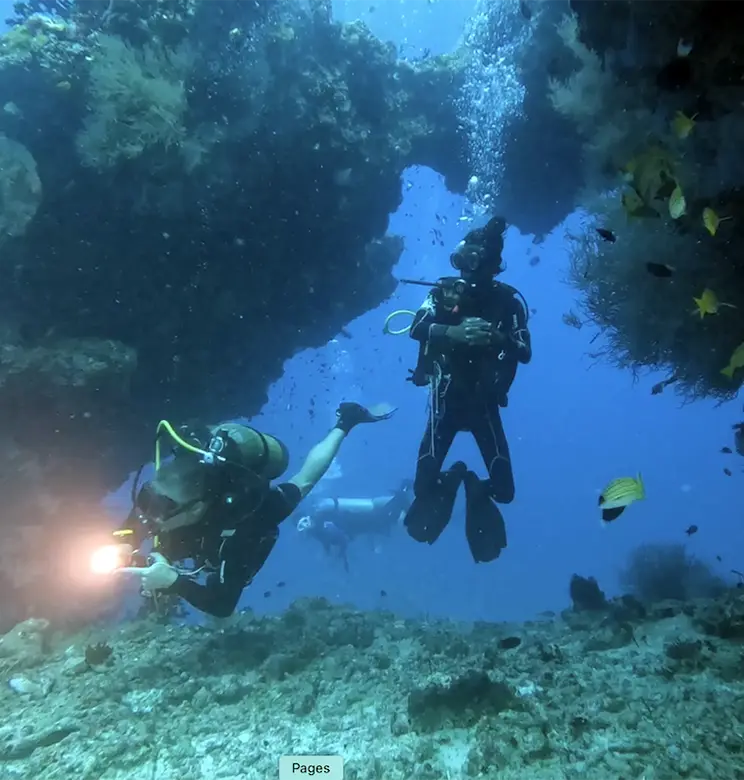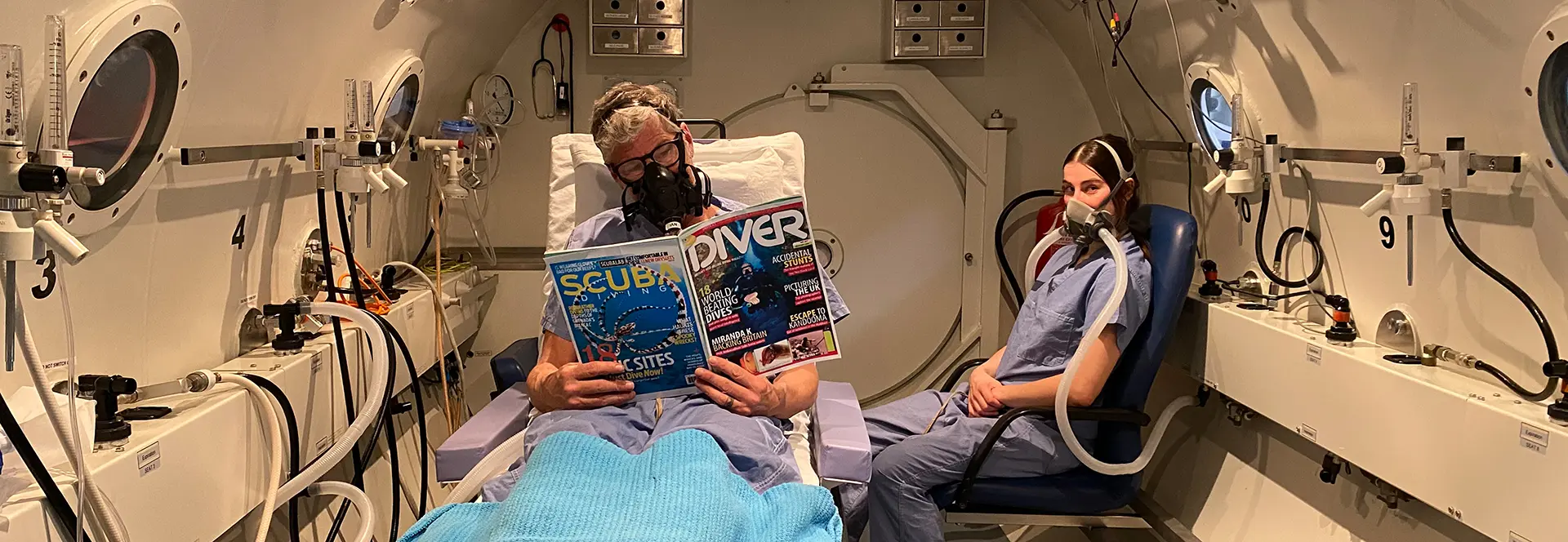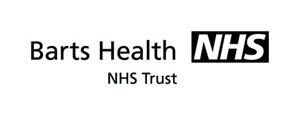Decompression Illness
Decompression Illness, or DCI, is a term used to describe two main conditions: Decompression Sickness (DCS) and Arterial Gas Embolism (AGE). However, it can sometimes also be known as: The Bends, Caisson Disease, or Diving Accidents.
IF YOUR INTEREST IS IN CONNECTION WITH A CURRENT PATIENT, YOU SHOULD ACT NOW!!
The London Hyperbaric unit at Whipps Cross Hospital and the East of England Hyperbaric unit at James Paget Hospital have 24/7 Consultant Anaesthetist cover to treat such cases. Speak directly to one of our consultants now on our 24/7 hotlines:
London
07999 292 999
Great Yarmouth
01493 603 151
Diving Accidents can happen to any diver. Whether because of a minor equipment failure, or environmental factors, even sometimes for no reason whatsoever.
It doesn’t matter if you’re a novice or a pro, or how easy the dive was. You should always pay attention to your health and any symptoms that indicate something isn’t quite right.
Understanding the symptoms and causes of Decompression Illness (DCI), and knowing who you can turn to for advice and treatment, will help you safely enjoy diving.
Signs and Symptoms
Altered consciousness, balance and coordination problems, memory problems, headache, nausea and vomiting, vertigo, numbness and tingling, joint pain, unusual fatigue, paralysis, skin rashes, difficulty walking/standing, muscular weakness, difficulty urinating, difficulty breathing.






